The Far South Summon awaits: |
|
|
|
The Rupee Trial archives: |
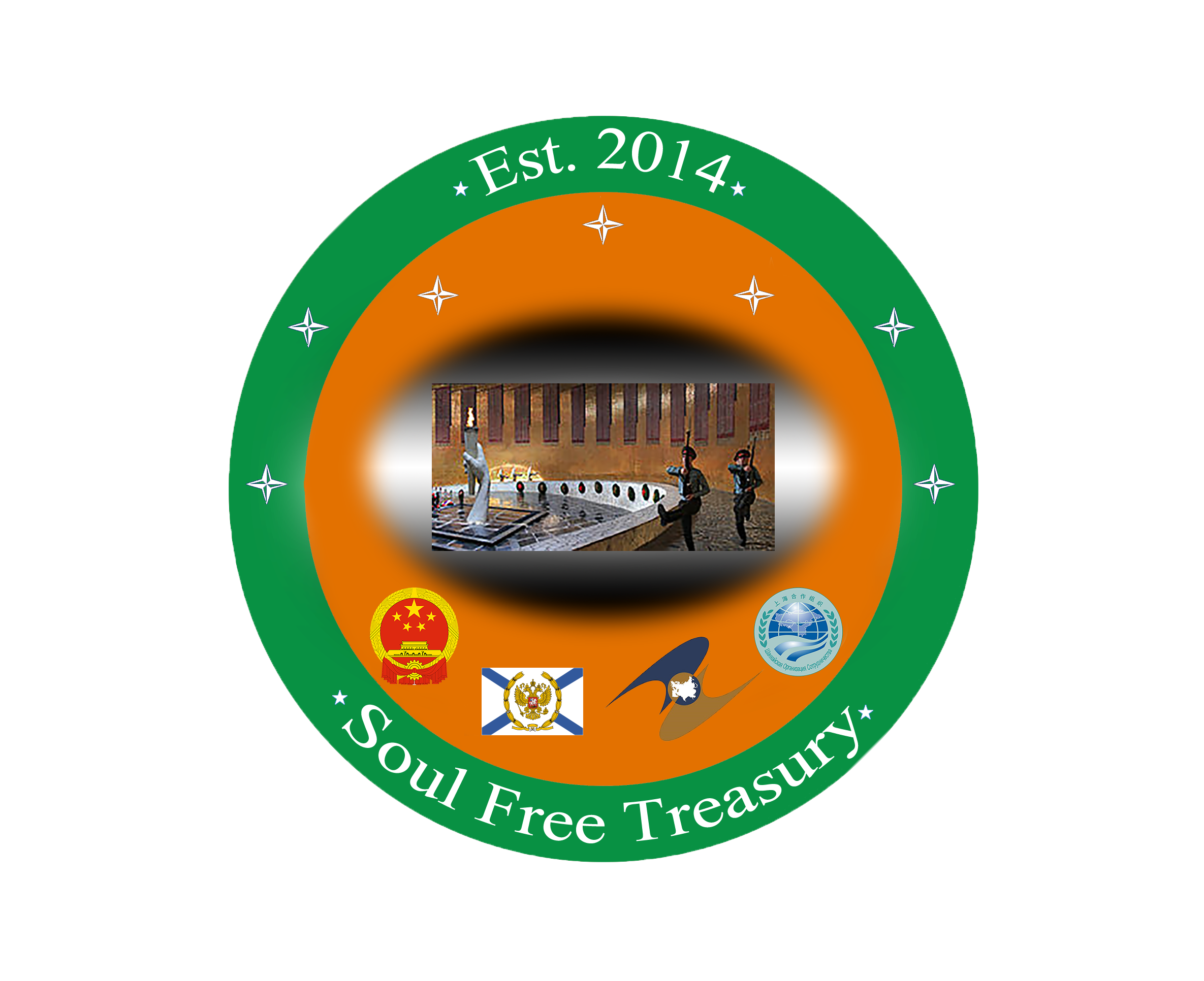
The Far South Summon awaits: |
|
|
|
The Rupee Trial archives: |
 |
 |
 Our semi-annuals research the issues which most impact our strategic timeline!
Our semi-annuals research the issues which most impact our strategic timeline!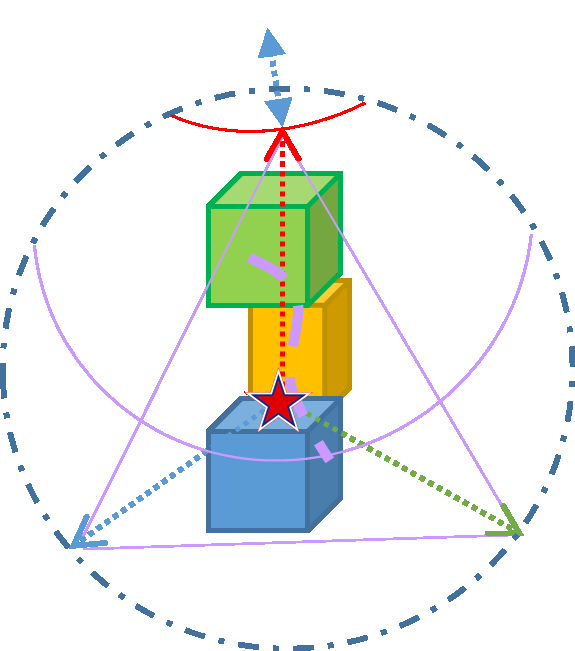
|
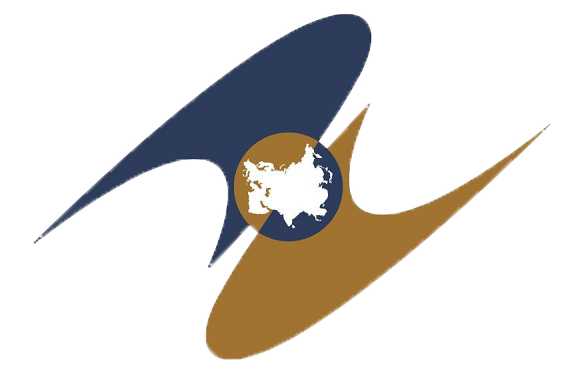 |
 |
|
 |
10.08.2022
Politically, Iraq is dismantled over the 2021 parliamentary election as a shift from Fallujah involves economic recovery for Kurdistan which is an occupied territory. Impetuously, Fallujah is a major city along the Eurphrates River for alleviating ISIL networks within Anbar province. Repeatedly, supporters for Muqtada al-Sadr breached the Green Zone and raided the parliamentary building in demand of a snap election which illustrates the shift in Fallujah over occupied territory. Extensively, Anbar province is broadening the political span of parliament in Iraq with anti-terror networks while tensions increase over ISIL expansion from Kurdistan. Assuredly, Fallujah remains subject to siege and control from the threat of ISIL in Kurdistan which influence votes in parliament.
Rigidly, Fallujah has endured the 1st and 2nd battle of Fallujah from the US while undermining ISIL control, siege, and recapture of the city. Additionally, the northwestern border of Anbar province is shared with Syria and is a major artery for US occupation in nearby Kurdistan. Subtly, political influence in Iraq is engulfed with the occupation of Kurdistan which is divided between relations to Iran and rising nationalism. Wontedly, a series of protest entangled Anbar province in 2013 over Sunni-minority being targeted with post-Saddam Hussein related anti-terror legislation. Tragically, ISIL besieged Fallujah in 2014 following the protest which resembles the immediate threat to Iraq over recent breaches from the Green Zone. Dauntlessly, Anbar province is gaining momentum from the shift in parliament as relations with Iran improve over the violent raids.
Meanwhile, Turkey is bombarding Iraq's northern border with aerial strikes against US-backed militias in Kurdistan while anti-terror networks expand from Anbar and Kirkuk provinces to Iran. Likewise, Kirkuk province is known as the culture capital of Iraq with a majority in Iraqi-Turkmen which limit outreach for ISIL terrorists groups from Kurdistan. Secondly, Anbar province is part of the Syrian Desert and is sheathed with valleys from the Arabian peninsula which unify climate security efforts for parliament. Thirdly, northern Iraqi provinces are resistant to civil war which grow from relations with Iran as Persian Gulf nations stabilize over rising turmoil in parliament. Lastly, Anbar is the largest and least populated province in Iraq which makes northern border security primary to economic recovery and political stability.
Alluringly, Iraq's parliament is propagated with several political parties as the Sadrist Movement, Kurdistan Democratic Party, Progress Party and the Coordination Framework emerge from the increasing turmoil. Equivalently, the rival Coordination Framework party has nominated Mohammed al-Sudani to lead parliament as president which qualm the breaches of the Green Zone in the Persian Gulf. Eminently, leader of the Sadrist Movement Muqtada al-Sadr has resigned as the party relinquish parliamentary seats with a snap election. Mainly, the Kurdistan Democratic Party embrace ties to Persian Gulf nations as parliament accelerates with the withdrawal of US troops. Beneficially, Iraq is planning to reduce power shortages while parliament races to reassemble over the raids in the Green Zone.
Distinctively, the Green Zone merges political stability with relations to Saudi Arabia as OPEC's second biggest oil producer. Proportionately, Iraq is expecting to increase power demand beyond 50% before the end of 2030 while ending US occupation to improve trade relations for the Persian Gulf. Immanently, energy transition in Iraq is lagging over political turmoil which increases momentum for a successful alliance in the Green Zone. Permanently, Iraq is among OPEC nations transitioning to low carbon energy sources with China, South Korea and Japan. Jointly, energy and climate security are infused into an alliance with the Green Zone which is shifting from border security against US occupation in Anbar province. Acutely, our strategic focus will remain beyond the borders of Iraq as political hostility from the Green Zone diminishes.
|
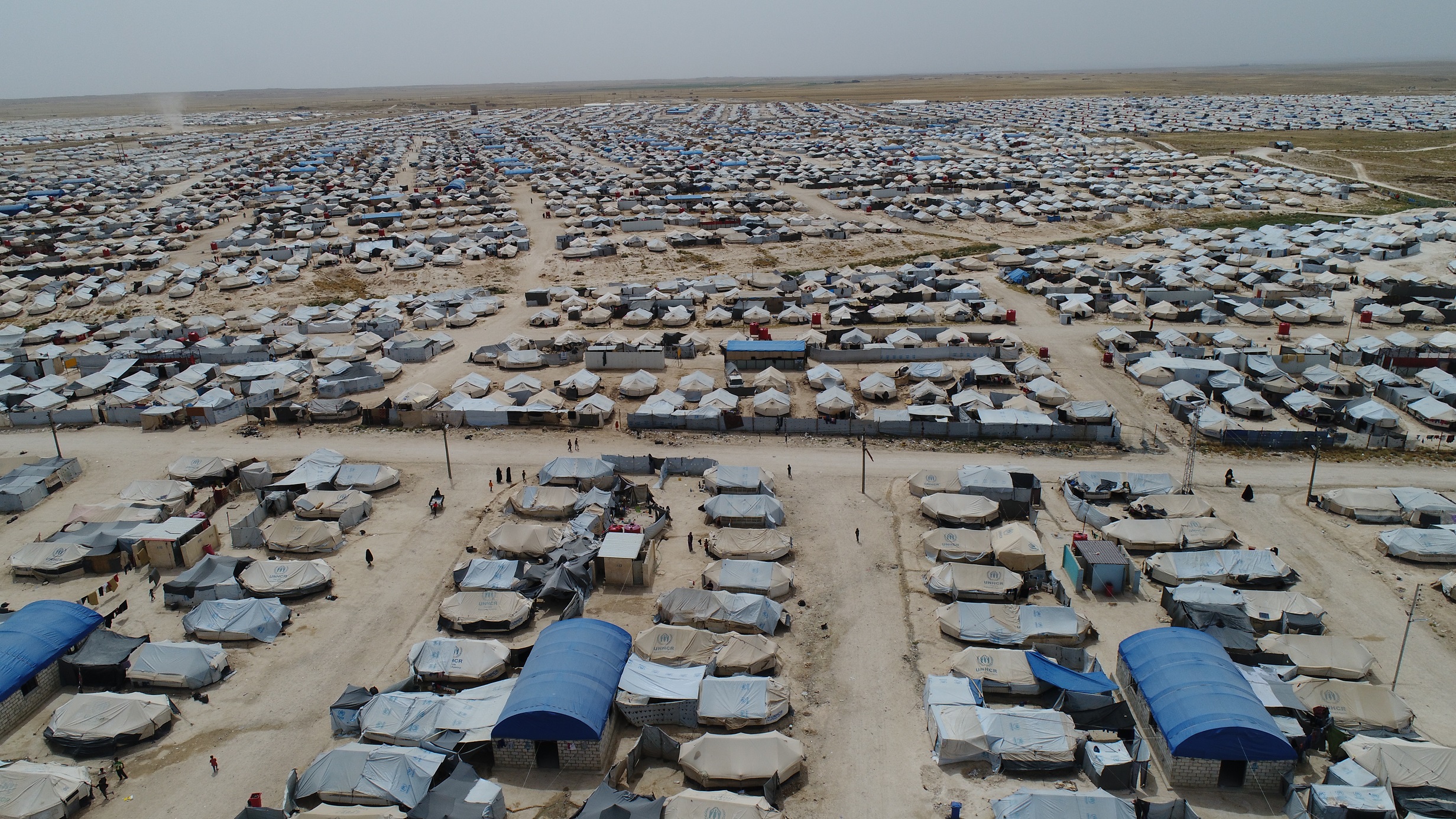
Tenaciously, our strategic focus extends beyond the borders of Anbar province in Iraq to peg major US aggression from Syria. Liberally, US troops are destabilizing Syrian oil fields while dispersing factions of ISIL militia through refugee camps and weighing on climate security in Anbar province. Distinctly, the Syrian Desert is rich in light crude oil ranging beyond parts of Syria, Jordan, Saudi Arabia and Iraq while major cities such as Deir ez-Zor develop on the banks of the Euphrates River. Reputably, parts of the Syrian Desert is mainstay for ISIL militia which have risen with the Iraq war from the resistence and insurgency of US troops in Anbar province. Unmitigatedly, US troops have infiltrated Syria’s energy-rich Hasakah province in the town of al-Hawl where Daesh militias live among nearly 55,000 displaced people. Remotely, US troops in Syria relocated over 600 Daesh terrorist to Iraq from the Hasakah province whom are designated for repatriation upon the reopening of parliament.
Mutually, US-backed ISIL terrorist and displaced residents from Syria await political savvy favoring US occupation in Iraq over economic recovery. Periodically, factions of Daesh militia from Anbar province stage violent attacks to impede the national agenda in Iraq which generates military tensions with Iran, Syria and Turkey. Primarily, Daesh and ISIL terrorists are clashing with Iraq’s Popular Mobilization Units (PMU) and anti-terror forces from Iran in Anbar province. Unabashedly, Iraq parliament member Uday Abdul-Hadi with the Fatah (Conquest) Alliance mentioned, “Terrorist attacks will rise by 30 percent once hundreds of Daesh members are back from al-Hawl camp. Repeated warnings were made last year about their return, especially as the extremists are linked to high-profile militant commanders.”
Moreover, Iraq security is paced with military ties to Persian Gulf nations as ISIL threats span to the war in Yemen. Subsequently, Israel's blockade of the Gaza Strip and colonized settlements from illegal occupation steers security with the Persian Gulf nations in Iraq. Expediently, the withdrawal of US troops in Afghanistan was achieved from the Doha Agreement which cites against illegal military activities during the political crisis leading to civil war. Substantially, Qatar has proposed the expansion of military cooperation with Israel while US aggression blusters Iraq. Indubitably, Bahrain officials have restricted travel to Syria and Iraq while ordering a cabinet reshuffle.
Objectively, the US is mounting aggression in Iraq as cooperation with bordering Persian Gulf nations ally over rapid responding anti-terror networks from Iran. Indifferently, the Gulf Coast Cooperation (GCC) held a summit as US President Joe Biden met with leaders to discuss the "new 'rules-based' world order". Arduously, US President Biden stated from the summit, "Around the world, we’re seeing efforts to undermine the rules-based order: with China’s increasingly coercive actions in the Indo-Pacific and beyond; with Russia’s brutal and unprovoked war against its neighboring Ukraine; and with Iran’s destabilizing activities." He added, "We will not walk away and leave a vacuum to be filled by China, Russia, or Iran." Forthwith, special attention to Saudi Arabia enables expansion of regional security as anti-terror networks alleviate threats to Lebanon.
|
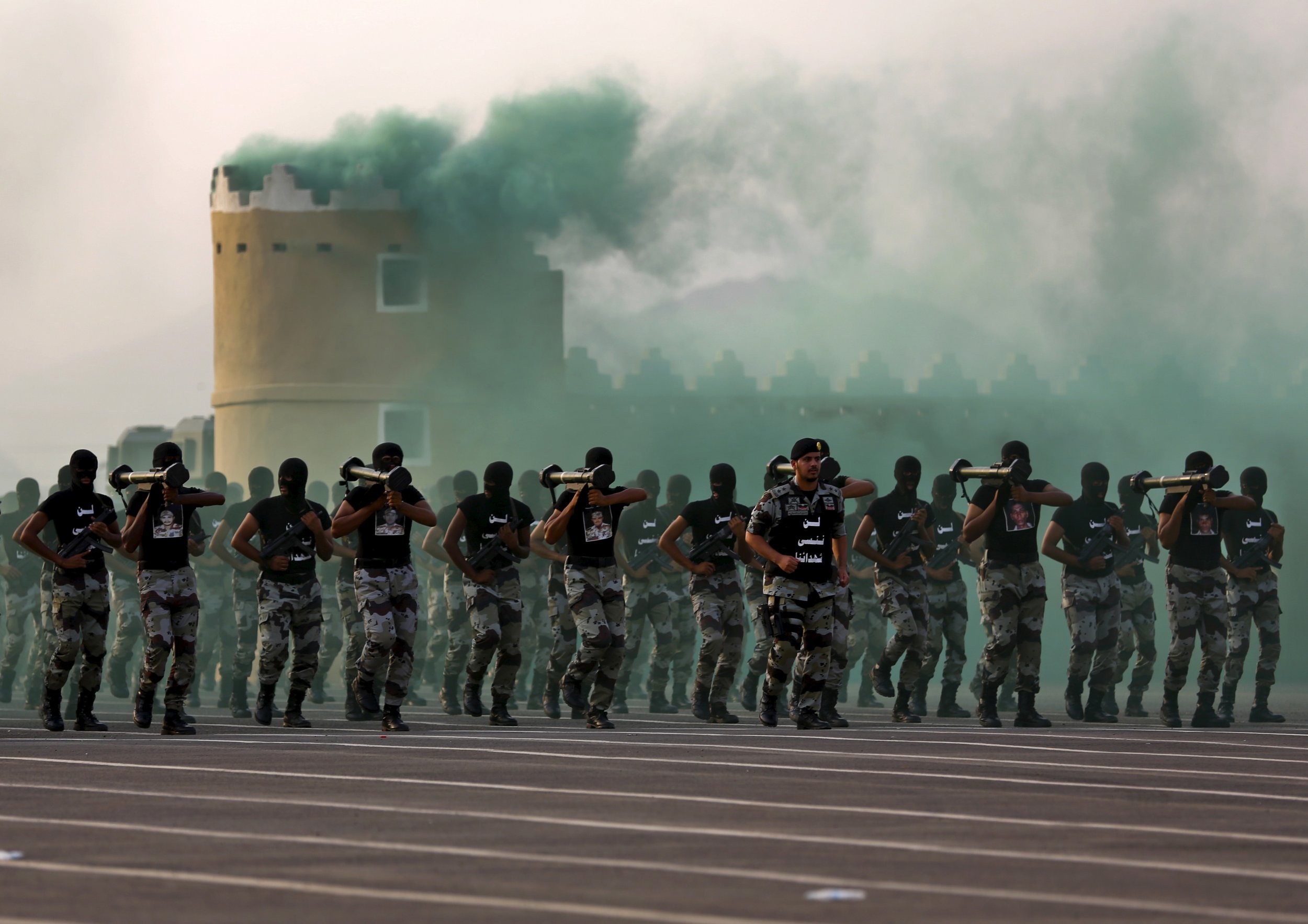
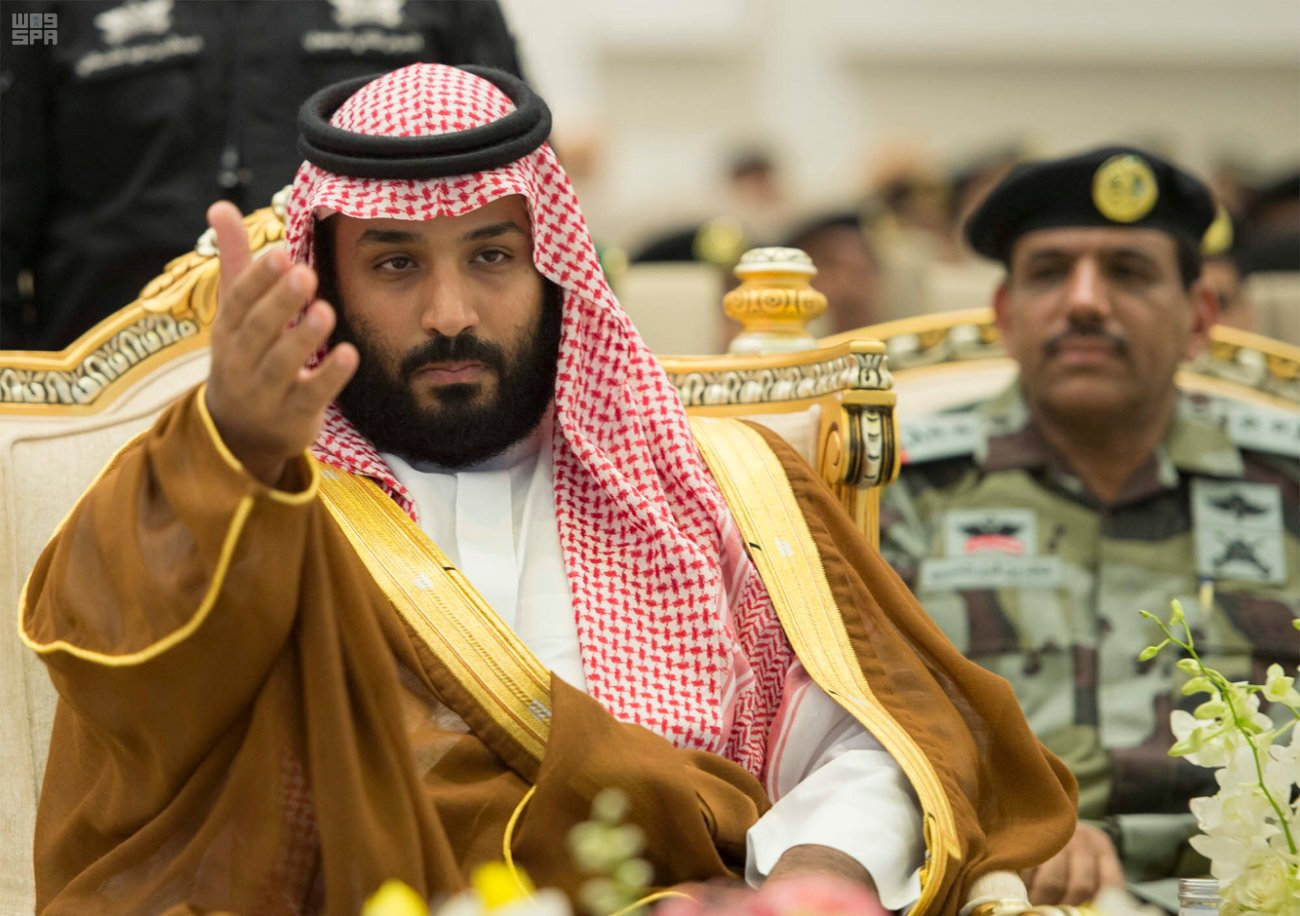
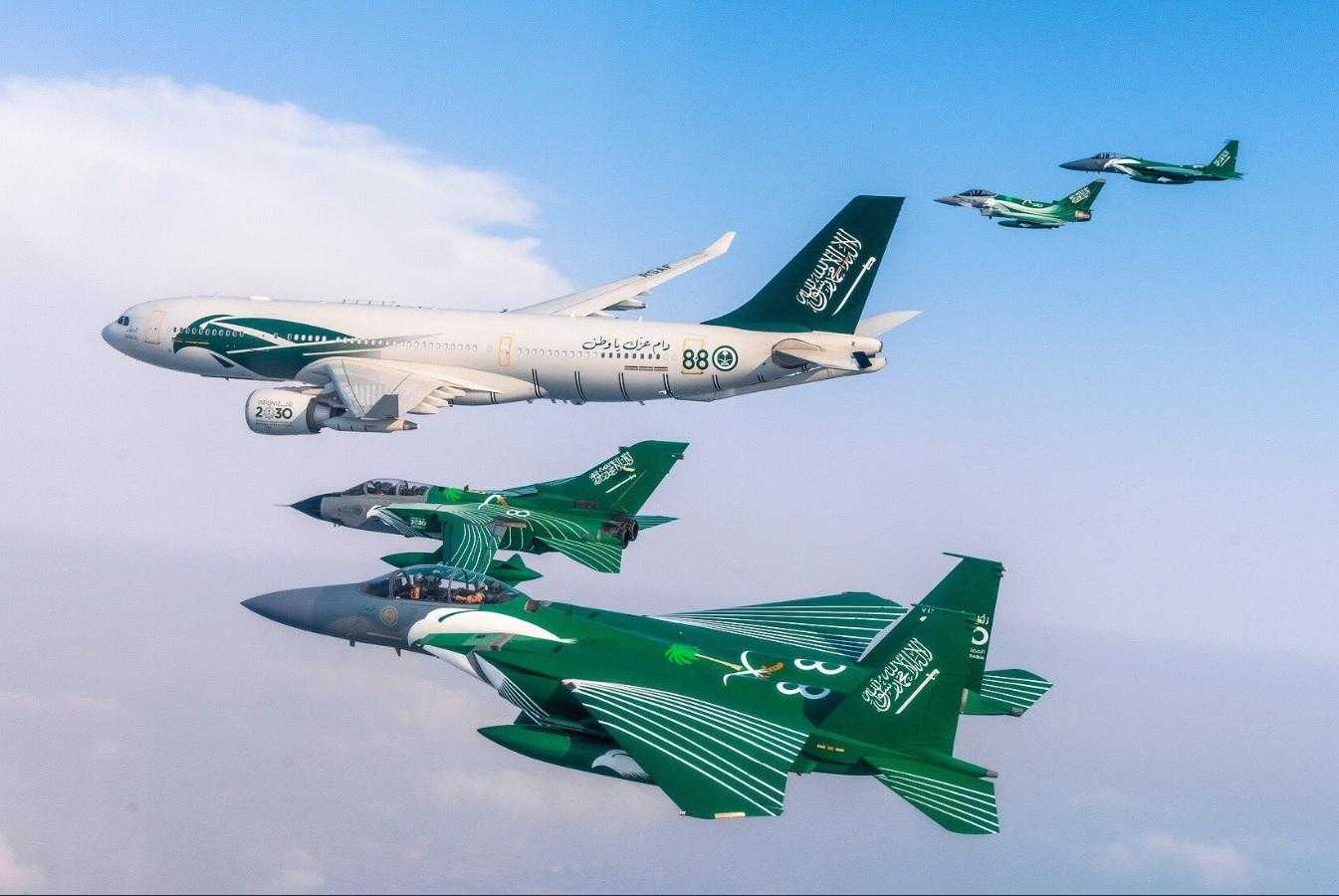
Accurately, special attention to Saudi Arabia unifies the GCC beyond normalized ties to Israel over the abundancy of oil shale in the Syrian Desert. Overtly, regional security from Lebanon protracts Hezbollah ties with anti-terror networks in Anbar province which encloses the Syrian Desert to Saudi Arabia. Impartially, Lebanon is sustaining against economic pressure from sanctions over tensions with Israel as normalization for the GCC deepens supply chain disparities. Productively, the GCC is shifting with climate security in the Syrian Desert as economic threats to Lebanon subside while Iraq and Iran observe.
Discernibly, Brigadier General Alireza Tangsiri of the Islamic Revolution Guards Corps (IRGC) naval forces mentioned, "We believe that the Zionist regime gaining a foothold in the Persian Gulf region will have no result other than sowing sedition and creating insecurity."
Transparently, Saudi Arabia is extending oil production from economic recovery in Iraq as opportunities in the Syrian Desert for climate security accelerates energy transition. Patently, the Saudi Arabian Oil Co. has increased its capital expenditure program with mid-term production increases to outpace stagnation from normalizing ties to Israel. Yet, US persistance with a new 'rules-based' world order subvert opportunities in Saudi Arabia for climate security from the GCC without observation in Iraq and Iran. Assiduously, Saudi Arabia is building ties in Asia and Europe beyond US security propaganda which adds to the economic recovery in Iraq.
Peculiarly, Egypt is exemplifying major influence in the Green Zone as military drills with Saudi Arabia, Jordan, Djibouti, Sudan, and Yemen are intriguing to the GCC which embodies the Peninsula Shield Force. Meticulously, Egypt is chartering military cooperation with Saudi Arabia to integrate climate security with international trade in the Red Sea. Unanimously, Egypt is bridging military ties with France and Spain to increase international trade for the Red Sea, Persian Gulf, GCC and PMU. Generously, Egypt is integrating naval combat to deepen regional ties with joint planning in climate security.
Squarely, Egypt exemplifies aggression against Daesh terrorist wandering the Sinai peninsula as military drills with Saudi Arabia becomes a beacon for the Green Zone. Commodiously, climate security in Egypt prevents the Islamic State from rebuilding the Daesh terrorist group throughout the region.
Undeniably, Egypt is diminishing the uncertainty of regional turmoil as President Abdel-Fattah El-Sisi reshuffled the ministerial cabinet before parliament resumes in October. Timely, President El-Sisi directed an extraordinary session for voting on the third cabinet reshuffle while building transparency within parliament. Deficiently, regional threats from Daesh and ISIL persists as normalization with Israel in the Persian Gulf underpin terrorist networks to the Sinai peninsula. Sufficiently, Egypt has built the infrastructure for advanced modernization for climate security as cooperation with the Green Zone increases stability while observing the GCC from Iran.
![]()
![]()
![]()
![]()
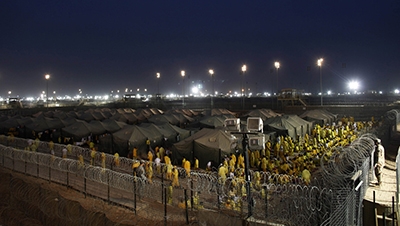 |
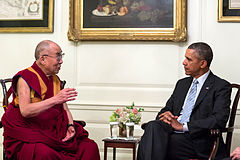 |
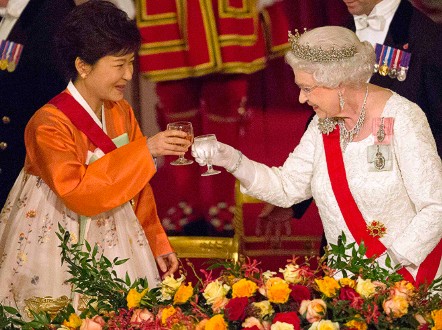 |
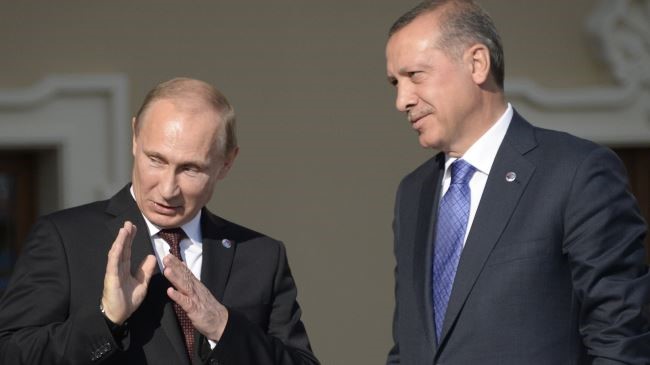 |